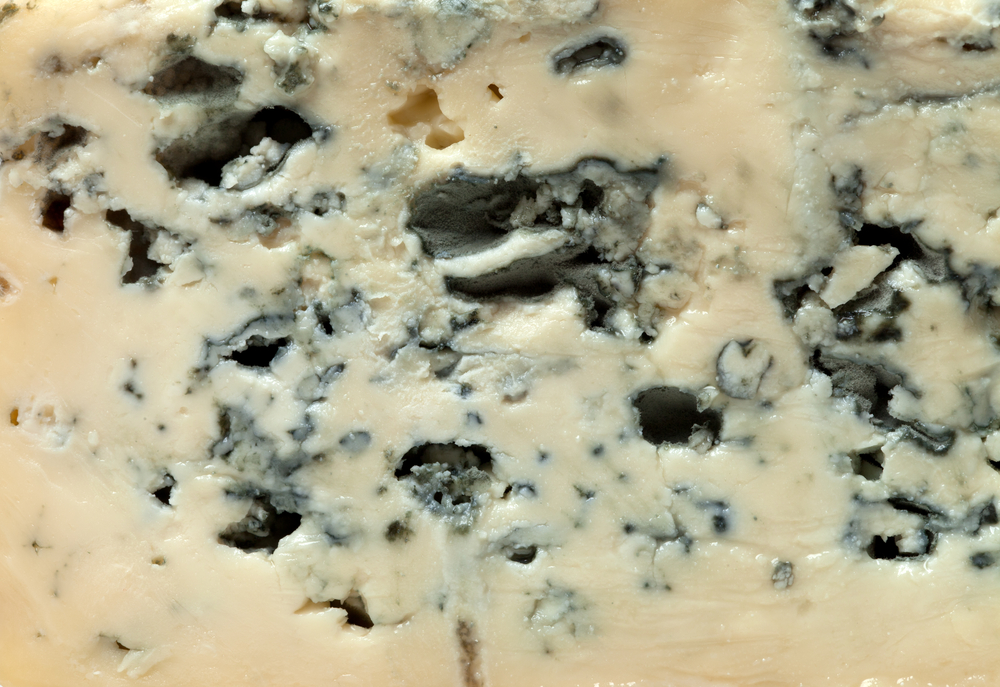Beneficial Bacteria: Fermented Foods
You Need to Try These Amazing Fermented Foods
Since the early Babylonian days, circa 5000 BC and Egyptian empires circa 3150 BC, people have been healing and living well with fermented foods. With names such as fermented and cultured, many foods that bathe and marinate in bacteria that are reproduced on the foods, are extremely good for you!
Though this does not sound the most squeaky-white-floors-clean, these beneficial bacteria, in turn, convert carbohydrates to either alcohol (beer, wine, yeast leavened bread) or to organic acids (cheese, yogurt, tempeh).
When certain foods soak in their own bacterial juices for a long period of time (weeks at a time), the bacteria actually enhances an already highly nutritious food, creating good for you probiotics, vitamin b’s and digestive enzymes, to name a few. Let’s look into ways fermented foods are good for the body and some of the best fermented foods to eat.

Fermentation occurs when bacteria start consuming or digesting a certain food, which at the same time inhibits the growth of the spoiling bacteria. In vegetables, the lactic acid bacteria in the plant start to metabolize the sugar and reproduce prolifically.
These fermented foods are alive with nutrition, strong odors and fermenting your own foods is quite easy, and many recipes (like sauerkraut) only requires the master staple, cabbage . . . nothing else, or vinegar, salt or whey (the liquid that forms on top of yogurt), and a few weeks of time.
You can certainly purchase fermented foods in farmers markets or natural food stores if you are not feeling very Martha Stewart-y. Make sure your foods are not pasteurized, however, (a touchy and misinformed subject), for once pasteurized, all the live enzymes and nutrients die.
All the wonderful things that come from fermentation
Through the fermentation process, organisms produce alcohol, lactic acid, and acetic acid (all “bio-preservatives”) which help the foods keep their body healthy nutrients and prevent spoilage.
Fermentation also breaks food down into more easily digestible forms and into beneficial amino acids. It creates new nutrients, too. The microbial cultures create B vitamins, including folic acid, riboflavin, niacin, thiamin, and biotin. Some have been shown to function as antioxidants. Fermentation also removes toxins from foods.
Best Fermented Foods
For the best types of fermented foods, stick with foods that come from Mother Earth, caveman or “Primal” type foods. Sauerkraut, dairy (full-fat Greek style yogurt—high in saturated fat and protein, low in carbohydrates, or strain your own yogurt--much of the sugars are in the liquid whey), kefir, and aged cheeses.

Some health gurus make fermented fish sauce: place together salt, liquefied sardines and anchovies fermented with special herbs and spices outside in the sun for months at a time, Kombucha (but cycle in and out of drinking this tonic, for too much of a good thing may shock and strain the liver), and another Japanese treat natto (from fermented soy). And who doesn't love miso, kimchee and natto? Treat yourself to some fermented delicious sides. Your body will thank you!
Great reading source
Wild Fermentation: The Flavor, Nutrition, and Craft of Live-Culture Foods [Paperback]
By Sandor Ellix Katz (Author), Sally Fallon (Foreword)